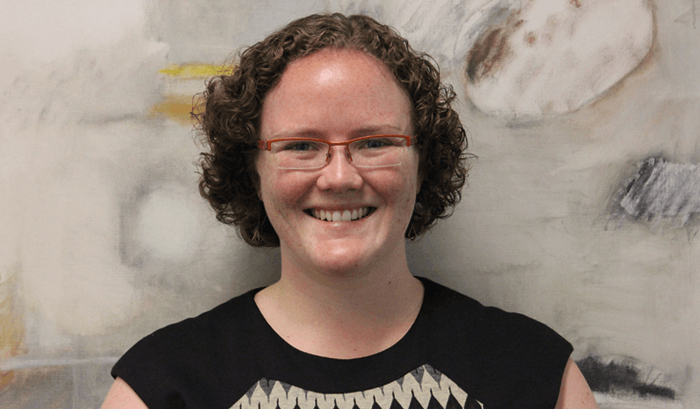
Those Who Can, Teach: Anna Donnell
Continuing our series of interviews with innovative educators, we find out how new tools are bringing a fresh approach to chemistry teaching at the University of Cincinnati.

False
Continuing our series of interviews with innovative educators, we find out how new tools are bringing a fresh approach to chemistry teaching at the University of Cincinnati.

Receive the latest analytical science news, personalities, education, and career development – weekly to your inbox.

Anna Donnell is Assistant Director of the Center for the Enhancement of Teaching & Learning (CET&L) at the University of Cincinnati, Ohio, USA. During her time at the university, she has taught as an adjunct in the Department of Chemistry and consulted with other faculty members to redesign its courses, with projects ranging from the creation of a robust laboratory course assessment strategy to the incorporation of a tablet to allow freedom of movement during classroom activities.
False
False

April 3, 2025
13 min read
Computers can “see” and “hear,” but fully digitizing scent has so far eluded science – but that may soon change

December 3, 2024
3 min read
Syft Technologies’ William Pelet introduces the Syft Explorer – the world's first fully mobile, real-time, and direct trace gas analyzer

December 5, 2024
6 min read
Thermo Fisher Scientific’s high-sensitivity mass spec for translational omics research – the Stellar MS – is ranked 4th in our annual Innovation Awards
False